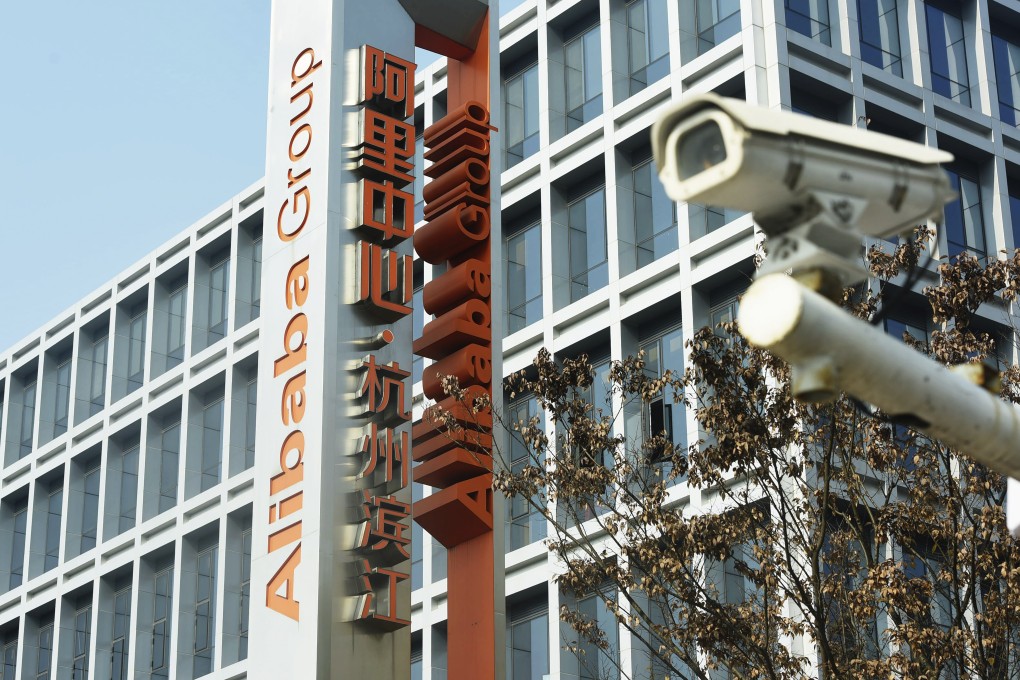Alibaba earmarks 100 billion yuan towards China’s common prosperity goal, responding to call to narrow nation’s wealth gap
- The allocation will be disbursed before 2025, according to a report by state-owned Zhejiang News
- The fund will be used to promote investments in technology, support small businesses, foster development in rural areas and help gig workers

The allocation will be disbursed before 2025 to promote investments in technology, support small businesses, foster development in rural areas, help small business expand overseas and improve the welfare among gig-economy workers, including delivery men and drivers, according to a report by state-owned Zhejiang News, based in the company’s home province.
To support small businesses, for instance, the funds will be used to lower daily operating expenses and provide subsidies.
Alibaba will set up a permanent unit to roll out the programmes. The Hangzhou-based company, which owns the South China Morning Post, confirmed the report but declined further comment.
The contribution includes a 20-billion yuan fund earmarked for a common prosperity “demonstration zone”, which the report did not define.
In addition, the funds will be used to narrow the quality-of-life gap between urban and rural residents and to support grass roots health care services.